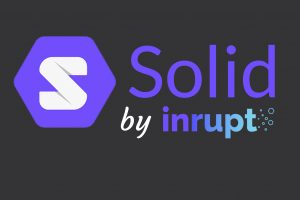The web is marginalizing cooperatives: it’s now time to move on
Interoperability for inter-cooperation : The cooperative movement is embodied in its cooperative associations active around the world, at local, national, and international levels. Cooperative associations pursue two main functions: promoting the cooperative model (toward policy-makers and the general public), and stimulating innovation among their members (through the pooling and sharing of knowledge and resources).
Concerned to stimulate innovation and spread the cooperative model, cooperative associations conduct educational programs for entrepreneurs. Cooperatives Europe and the International Cooperative Alliance (ICA) support their members to launch and consolidate such programs by stimulating the sharing of expertise and resources. Together with their members and stakeholders, they produce and share free open resources, consisting in methodologies and documents, for promoting and supporting cooperative entrepreneurship in their respective territories.
Yet, today’s web services have poorly contributed to make cooperative resources available to the general public. To communicate with their members and stakeholders, they rely on traditional solutions such as emailing and posting on websites. Sadly, this content remains marginalized by search engine’s algorithms, driven by profit-generation logics favouring large-scale commercial content over small-scale knowledge generation.
It is time for the cooperative movement to emancipate from technologies which fundamentally discriminate cooperative values and identities. Expecting Google to disseminate cooperative resources is a losing battle. Instead, cooperative associations shall establish a web infrastructure able to connect cooperative actors directly to their stakeholders — without relying on competitors. In other words, cooperation among cooperatives must be implemented on the web.



